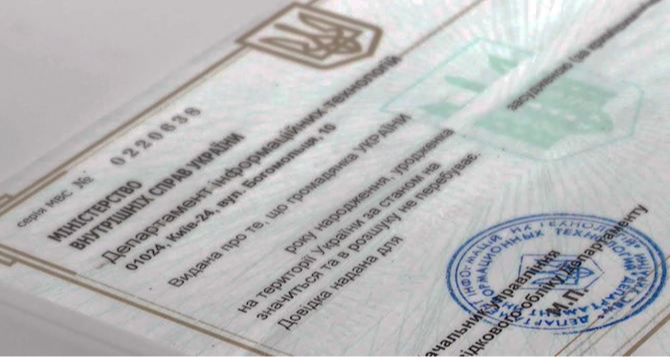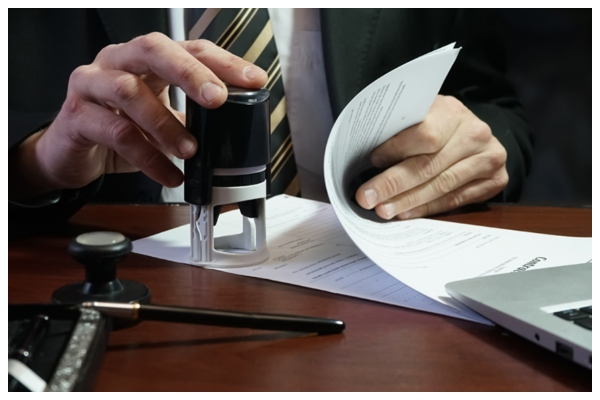Якщо ви перебуваєте за кордоном і вам потрібно поставити апостиль на документи - зробити це можна. Документи приймають до опрацювання українські органи, залежно від їх типу — Міністерство юстиції, Міністерство закордонних справ, Міністерство освіти і науки або Державний архів. Ви можете надіслати документи поштою, передати їх через довірену особу в Україні або скористатися послугами бюро перекладів та компаній, що спеціалізуються на легалізації. Важливо пам’ятати: апостиль проставляється лише в тій країні, де був виданий документ, тому дипломатичні установи за кордоном цього не роблять.
Як отримати апостиль на документи, видані в Україні?
Отримати апостиль на українські документи можна навіть перебуваючи за кордоном — головне знати, який державний орган відповідає за легалізацію кожного типу документа. Процедура залежить від того, чи це документи цивільного стану, освітні довідки, судові документи або архівні копії. Усі вони апостилюються виключно в Україні, у відповідних міністерствах або архівних установах.
Нижче — основні органи, які проставляють апостиль на українських документах:
- Міністерство юстиції України — свідоцтва та витяги РАЦС, судові документи, нотаріальні акти.
- Міністерство закордонних справ України (МЗС) — документи, видані державними органами, довідки, сертифікати, інші офіційні документи, що не входять до компетенції Мін’юсту чи МОН.
- Міністерство освіти і науки України (МОН) — дипломи, атестати, додатки до них, інші документи про освіту.
- Державні архіви України — архівні копії документів, довідки та витяги з архівних фондів.
Таким чином, щоб отримати апостиль, потрібно лише визначити тип документа та відповідний орган, після чого надіслати його поштою або передати через довірену особу. Процедура є стандартною й не залежить від місця фактичного перебування заявника.





